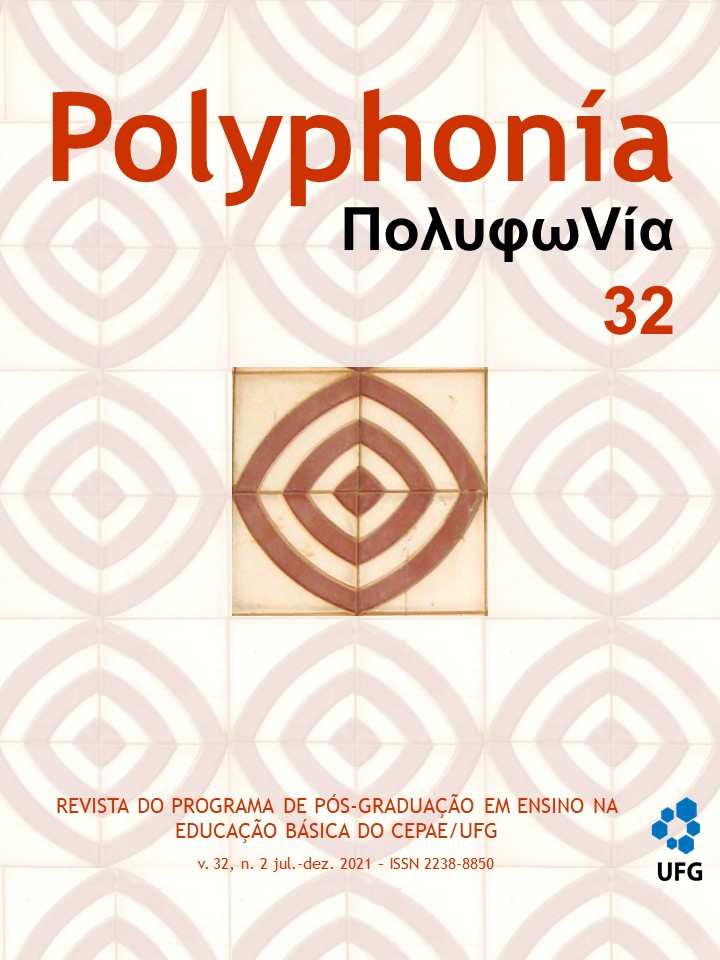Significados e sentidos do trabalho docente na educação infantil: reflexões a partir do materialismo histórico-dialético
DOI:
https://doi.org/10.5216/rp.v32i2.70851Abstract
This article aims to present a reflection on the concept of work for Marx and, based on this reflection, to establish relations and mediations that reveal meanings and senses of the teaching work in early childhood education. Our analysis sought, based on studies about the ontological category "work," to understand the mediations and contradictions posed to the teaching work in early childhood education in the context of the market economy, thus reflecting on the processes of subsumption of the teaching work to capital. The analysis was based on the historical-dialectical materialism method, seeking to reveal the phenomenon beyond its immediacy, having as references Marx (1978, 1993, 2010, 2013); Marx and Engels (1984); Kosik (1976); Kopnin (1978); Duarte (1999, 2004); Frigotto (1989, 1998, 2009); Húngaro (2008). The approach to the categories - meanings and senses - was based on Vygotsky (2000); Leontiev (1978); Aguiar and Ozella (2006, 2013); Soares (2006); Aguiar and Soares (2008). The uniqueness of the teaching work in early childhood education is presented as specific definability of this phenomenon, in its immediate and accessible manifestation, understanding that such uniqueness is a historical-social product, appropriated through social meanings about the educational work in this stage of human formation and objectified by teachers[1] of early childhood education (personal/subjective meanings about the work).


